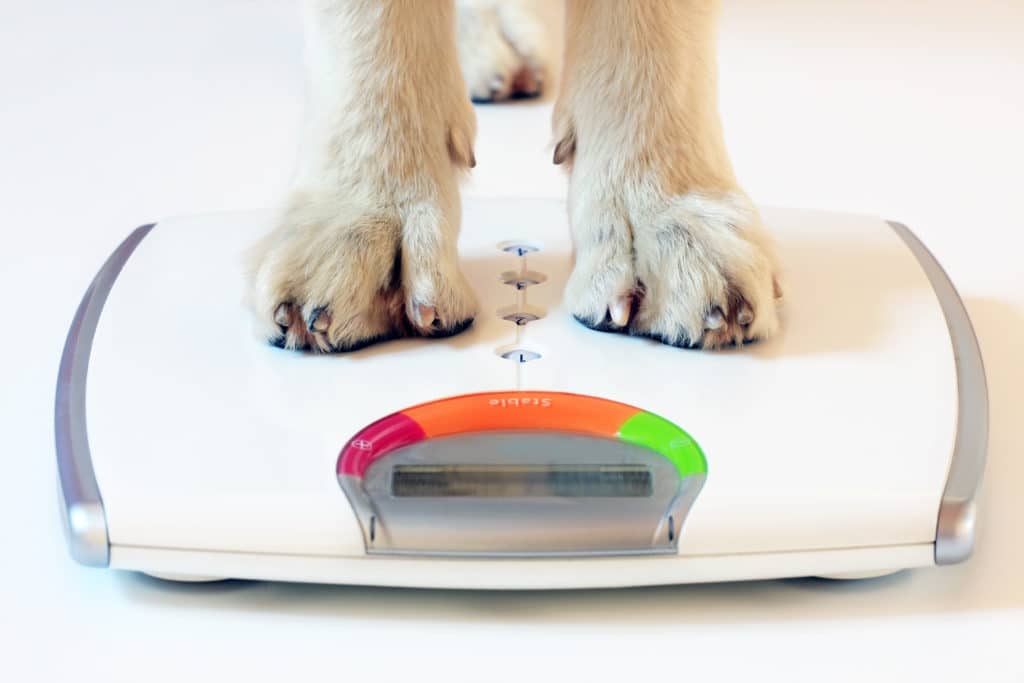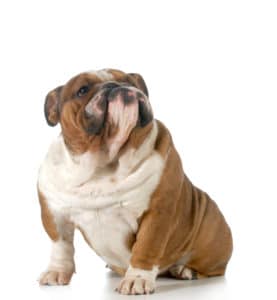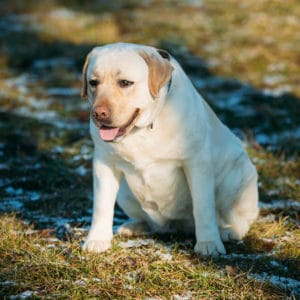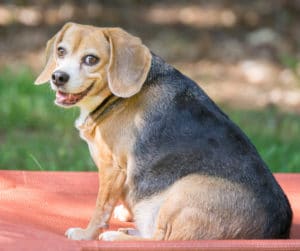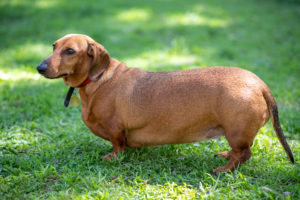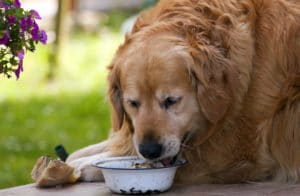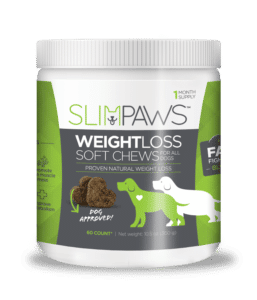Pet Health, Tevra Brands, TevraPet, Vetality
Top 7 Fattest Dog Breeds
Top 7 Fattest Dog Breeds
Weight management has become a big issue in the United States, but not just for humans. Over 56 percent of our dogs also deal with obesity, along with the issues it causes. That translates into at least 56 million pups. Having said that, certain dog breeds tend to pack on the pounds more than others. Here are the top seven, in no particular order.
Pugs
Pugs are a happy, fun-loving breed. They have wonderful personalities and are just …totally adorable in every way. Which means that when they beg for more treats or possibly our leftovers, resisting those eyes is very difficult. But we need to stay strong because pugs put on weight easily. This isn’t entirely their fault. Those adorable squished-in faces can cause breathing issues, which makes it harder for pugs to exercise. If you are a Pug parent, talk to your vet about diet management and safe exercise programs. Also, don’t give in to those eyes during meals!
Bulldogs
Bulldogs are another of the brachycephalic breeds, meaning they have short noses and an elongated soft palate. Like their Pug cousins, Bulldogs don’t tolerate heat very well, and can’t exercise for long periods like other dog breeds. Another challenge for Bulldogs is the human perception about their appearance. People tend to think these dogs are supposed to look mean and intimidating, so they feed them more to get that look. This combination of factors makes it more likely for Bulldogs to become overweight. Keeping them fit and healthy will allow you to gain over two years of extra love from these wonderful dogs, so talk to your vet about a safe exercise routine and let them help you figure out your Bulldogs ideal weight.
Labrador Retrievers
Labradors may possibly be America’s favorite dog breed. They’re friendly, playful, and always up for adventures. And just like many humans, Labs love to eat. It’s probably my own Labrador’s very favorite thing on this earth! This is partially genetic. After all, dogs who love food are easier to train, right? Between their ever-present desire for food and our inability to exercise them as much as they might need, it’s easy for these hunting dogs to put on that extra weight. Oh, and the puppy-dog eyes? Labs have them in spades! So, train your Lab to hang out in his place during meals, provide him plenty of exercise, and limit his food intake. As always, discuss dietary concerns with your vet if you want extra support.
Beagles
These incredibly adorable dogs gain weight partially because their metabolism is slower than other breeds. They also tend to have very high food drives like our Labrador friends. Beagles also don’t get the amount of exercise that they need. They’re another hunting breed transplanted to the suburbs, and games of fetch in the backyard aren’t quite enough for these energetic hounds. We realize that Beagles act like they’re starving pretty much all the time, but they will benefit from a set feeding schedule. They’ll also benefit from lots of daily exercise, both physical and mental. Try some snuffle matts or other scent-related puzzles, so your Beagle can use his nose and get some exercise at the same time.
Dachshunds
Dachshunds were originally bred to hunt badgers, foxes, and rabbits. Now though, they spend time as our lapdogs and treasured companions. These dogs were bred to process food and convert it into energy very efficiently, but that translates into excess weight gain now that they’re not exercising like they once did. Also, this breed is prone to slipped discs and other joint issues due to their general conformation, so once that happens, it’s harder for them to exercise. Keeping the weight off will significantly reduce the risk for these debilitating joint issues. Provide your Dachshund with daily exercise and training, feed them a high-quality diet, and keep treats to a minimum for starters. If your dog maybe needs to take off some weight, you can also try Slim Paws, the world’s first scientifically proven weight loss supplement for dogs.
Golden Retrievers
The Golden has earned a place on this list because, well, they’re really, really cute, so their humans tend to over-feed them. Also, this breed is the ultimate people-pleaser, so they’ll often randomly do tricks or offer other behaviors for treats. Again, super cute, right? Another issue is that Goldens are yet another hunting/working breed that now lives in our homes, so they’re not getting as much exercise as they need in order to keep their weight down. Also, depending on the dog, their long, soft, fluffy coats can make it difficult to notice extra weight at first. This is another breed that will benefit from learning the “place” or “go to bed” command, mostly because it’s easier to resist those big brown eyes when you don’t have to see them. Provide these dogs with exercise on the regular, and as always, keep them on a good quality kibble.
Basset Hounds
Basset Hounds are very, very cute. Who doesn’t love those ears? However, they’re just not built for speed. With short legs and longer bodies, these pups would much prefer to watch Netflix on the couch to an exciting hiking adventure. Because of their couch-potato tendencies, it’s very easy for them to gain extra weight. It’s probably also not helpful that this is a breed that looks really cute on the heavier side. Obesity is bad for Bassets because their natural conformation also puts them at higher risk for joint problems, pretty much everywhere. Portion control is key with these pups, along with regular exercise, at least thirty minutes daily. Control the calories, provide exercise, and avoiding table scraps are all effective ways to prevent weight gain. And if your Basset Hound is already overweight, give Slim Paws a try. It’s very safe, and your dog will love it.
We hope you’ve enjoyed this fun look at overweight dog breeds. As always, we recommend consulting your dog’s vet if you need help with his diet. They’ll be thrilled to talk to you about it, trust us! Do you have an overweight pup?
If your dog maybe needs to take off some weight, you can also try Slim Paws, the world’s first scientifically proven weight loss supplement for dogs. He may lose up to 20 percent of his body weight in just three months, and there’s a money-back guarantee if the product doesn’t work for your pup. Join us in taking the Slim Paws Challenge!
We’d love to see him in the comments and hear your favorite weight loss tips!
